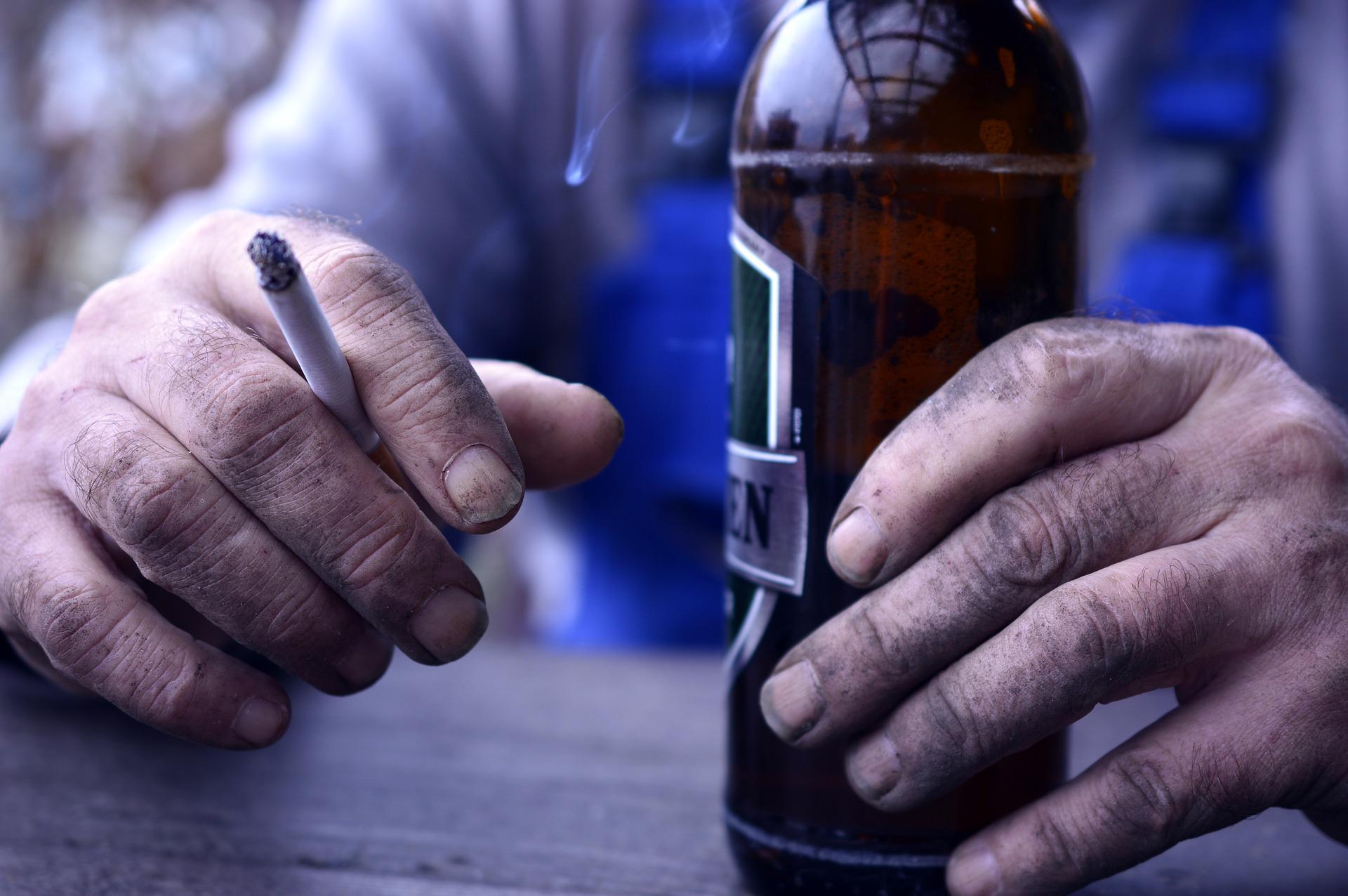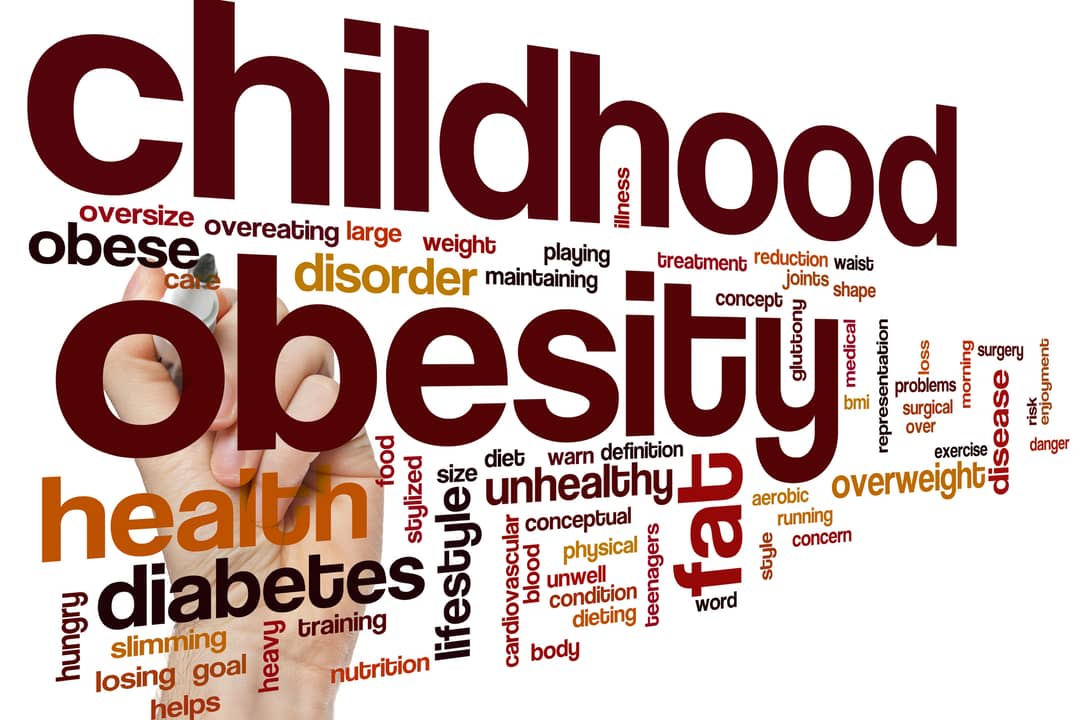-
Keeping rural Australians out of hospital
Tessa Archbold | September 11, 2022Accessing health care in rural Australia is challenging, but without it, patients can end up in hospital with more advanced disease.
-
Lifestyle factors cause half the global cancer toll
Open Forum | August 21, 2022Smoking, alcohol, obesity and other known risk factors were responsible for nearly 4.45 million global cancer deaths in 2019, according to new research published in The Lancet.
-
Can virtual nurses ease aged care staffing woes?
Micah Peters | August 8, 2022“Virtual care” has been mooted as a solution to aged care staff shortages, but better pay, mandated care time, and greater accountability and transparency regarding the use of funds would do more to make aged care a more attractive sector to work in.
-
When medical software goes wrong
Megan Prictor | August 8, 2022The use of clinical support software is beneficial in most cases but if it malfunctions, a doctor’s duty of care makes them liable for any mistakes.
-
Strange, new and deadly
Jennifer Schumann | August 7, 2022While attitudes to some drugs, such as cannabis, are softening, an influx of new drug compounds to the streets and clubs are raising new concerns.
-
Food insecurity and mental health
Scott Teasdale | August 4, 2022Nutrition has been neglected factor in mental health support and recovery but new research aims to address gaps in understanding, and show how nutritional screening can become a routine aspect of clinical and psychosocial support.
-
Be mindful of evidence for mindfullness in schools
Open Forum | July 27, 2022Mindfulness training in schools has been suggested as a useful tool to improve teenage mental health and well being, but the results of 5 studies, published online in a special issue of Evidence Based Mental Health, show little or no evidence it works.
-
Trauma leaves a mark on our genes
Charlie Fletcher | July 15, 2022Evidence suggests that traumatic experience can leave a chemical mark on a person’s genes, which can then be passed down to future generations. This mark doesn’t cause a genetic mutation, but it does alter the mechanism by which the gene is expressed, and so is epigenetic, rather than genetic, in character.
-
Australia’s in a chronic condition
Open Forum | July 8, 2022COVID 19 has taken over 10,000 Australian lives, but the ravages of the pandemic shouldn’t distract from the broader health impact of chronic disease.
-
Drive fast, die young
Ben Knight | July 4, 2022New research led by UNSW Sydney reveals traffic-related fatalities and injuries are the biggest killers of young people worldwide – causing more deaths than communicable and non-communicable diseases or self-harm.
-
Drug regulators in the pocket of the firms they regulate
Open Forum | July 4, 2022An Australian investigation has shown how pharmaceutical industry money permeates the globe’s leading regulators, raising questions about their independence after a string of drug and device scandals.
-
Tackling childhood obesity
Diana Zhu | June 16, 2022Overweight children tend to become overweight adults, with all the health consequences that can entail. Family based programmes to keep children healthy are therefore required to fight the obesity epidemic threatening Australian’s health.













